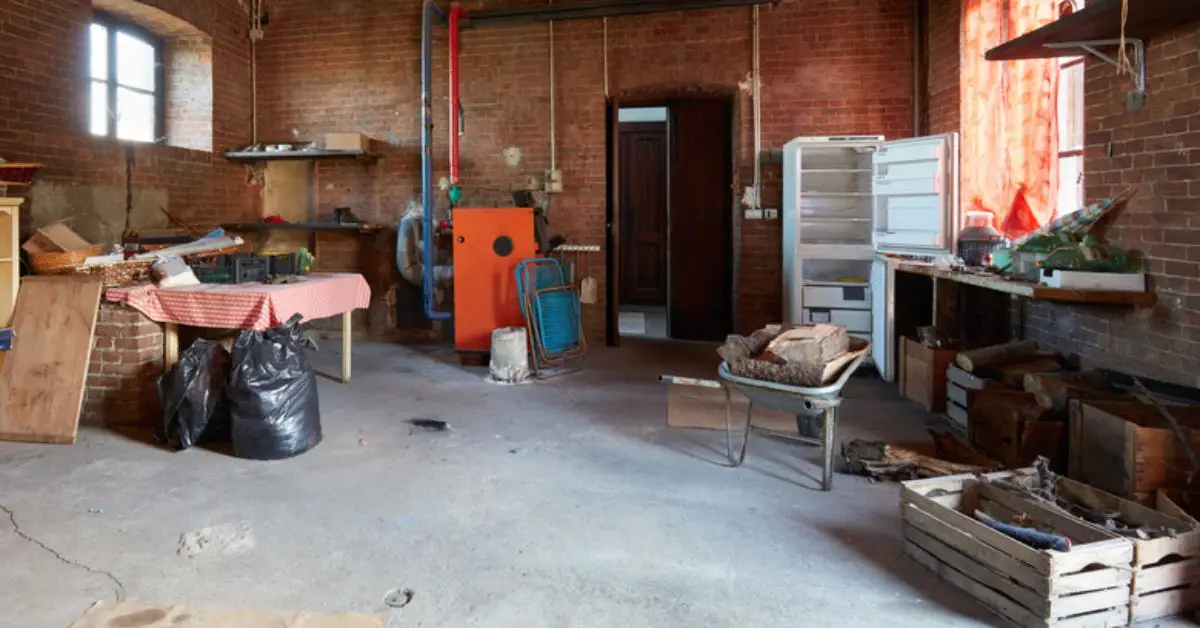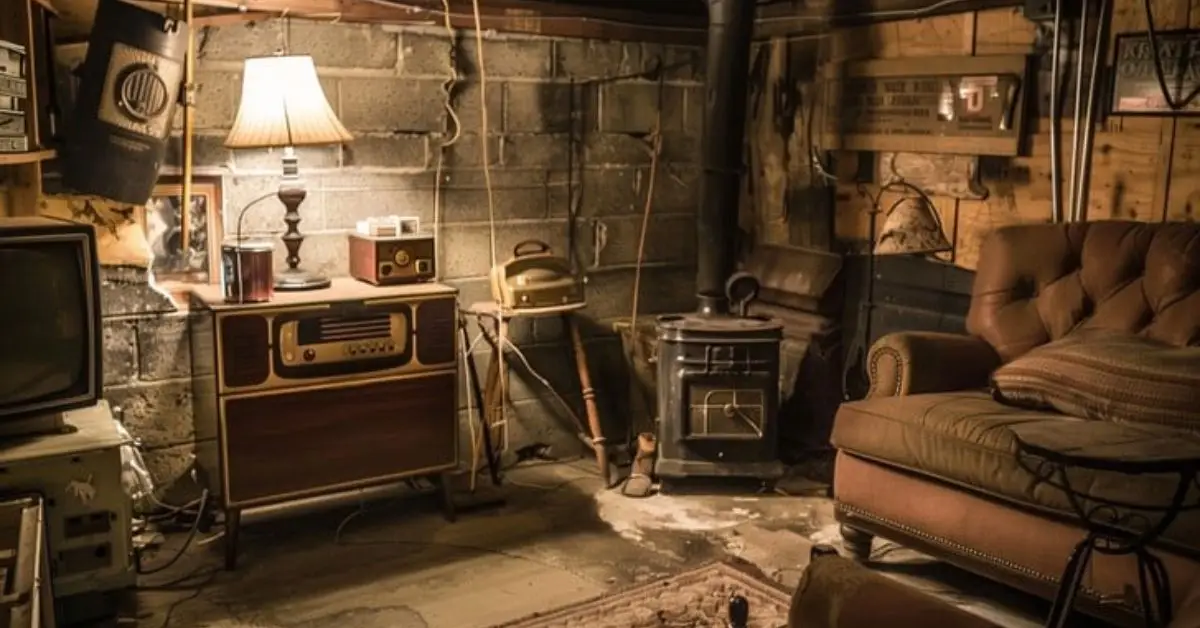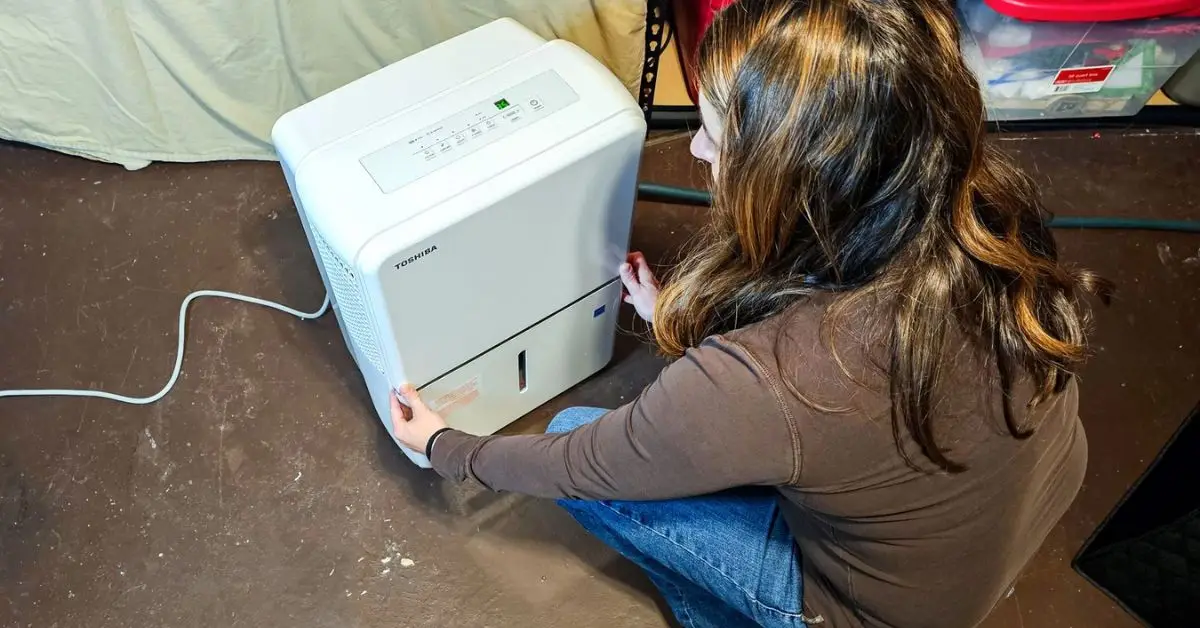7 Surprising Things You’re Storing Wrong in Your Basement
I learned this the hard way. A slow leak in my basement didn’t look like much—until I opened a box of old family photos and found them stuck together. The smell hit first, then the regret. It wasn’t a flood. It was everyday damp that I ignored.
Most of us treat the basement like a catch-all: “I’ll just put it downstairs.” But basements are built for utility, not for delicate stuff. Moisture creeps in, temperatures swing, pests find their way, and anything porous or valuable pays the price.
If you’ve ever stashed documents, clothes, gadgets, or paint down there because it felt convenient, you’re not alone. The problem isn’t organization—it’s the environment. Some items simply don’t survive underground, no matter how neat your shelves are.
In this guide, I’ll call out seven things you should never keep in your basement, explain what actually goes wrong, and show you smarter places to store them. I’ll keep it simple, practical, and real—so you can protect what matters without overhauling your whole house.
Why Your Basement Isn’t a Safe Storage Spot

I get why the basement feels like the easiest solution: it’s out of sight, there’s plenty of space, and you can stack boxes without tripping over them in the living room. But here’s the truth—you and I both know basements aren’t exactly built to keep things safe.
Common basement problems (humidity, flooding, lack of ventilation)
If you’ve ever walked downstairs and noticed that musty smell, that’s your first clue. Basements deal with issues most other parts of the house don’t:
- Humidity that lingers: Even if you don’t see water, moisture in the air slowly seeps into paper, fabric, and wood.
- Flooding risk: A heavy storm or even a small leak can turn a corner of your basement into a disaster zone.
- Lack of ventilation: Without good airflow, dampness has nowhere to go—making mold and mildew almost guaranteed.
According to the EPA, indoor mold is often tied directly to basement moisture problems, which means anything you store down there is automatically on borrowed time.
Why people think it’s convenient but actually risky?
We’ve all done it—you think, “It’s just storage, what could go wrong?” The problem is that convenience hides the real cost.
- That “safe spot” for family photos might turn into a box of warped, moldy paper.
- Electronics you planned to use later can corrode before you ever plug them back in.
- Clothes stored for “next season” could come out smelling like mildew, or worse, covered in spots you can’t wash out.
It feels like you’re saving space, but really, you’re putting your stuff in the most unstable part of your home.
Before we even talk about what not to store, it’s worth asking: is the basement helping you—or quietly ruining the things you care about?
7 Things You Should Never Keep in Your Basement
We all use the basement like a giant storage closet, but some things just don’t belong there. They might survive for a while, but over time the damp, dark conditions will ruin them. Here are seven you should absolutely avoid keeping downstairs.
1. Important Documents & Photos
Paper is one of the first things to break down when exposed to humidity. Birth certificates, tax records, or old family photos can easily warp, stick together, or grow mold. Once they’re gone, they’re gone.
2. Electronics & Appliances
Moisture and rust don’t mix well with wiring or circuit boards. That old TV or spare microwave you’re saving “just in case” may not even power on when you finally need it.
3. Food & Pantry Items
Basements attract pests like mice and insects, and canned goods can rust or spoil faster in fluctuating temperatures. Perishable food in particular spoils quickly if not stored in controlled conditions, as explained by Healthline.
4. Wooden Furniture

Wood absorbs moisture, which leads to swelling, cracking, and mold growth. A dry-looking basement today can warp a dresser or table beyond repair in just a season.
5. Seasonal Clothing & Fabrics
Fabric holds moisture and odors. Store sweaters, coats, or bedding in the basement, and you’ll likely pull them out smelling of mildew—or worse, riddled with insect damage.
6. Paint & Hazardous Chemicals
Few people realize that basements aren’t safe for paints, solvents, or cleaning chemicals. The lack of ventilation traps toxic fumes, and temperature swings can cause containers to leak or explode.
7. Valuables or Sentimental Items
This is where the real heartbreak happens. Jewelry, heirlooms, or even your kids’ artwork might seem safe in a box downstairs—but water, mold, or even a quick theft can wipe out what no insurance check can replace.
Ask yourself: if it would devastate you to lose it, why gamble with the basement? Basements aren’t the only risky spot—check out the 8 items you should never store under your bed to keep your home clutter-free and your belongings safe.
What Happens If You Store These Items?
It’s easy to shrug and think, “It’s just storage, nothing will happen.” But basements don’t forgive careless choices. The risks aren’t small—they’re the kind of problems that cost thousands of dollars or wipe out things you can’t replace.
- Mold, mildew, and health risks: Dampness fuels spores that spread fast. According to Harvard Health, exposure to mold can trigger asthma attacks, allergies, and even mood changes over time. That’s not just a smell in the air—it’s a health hazard creeping into your home.
- Fire hazards: Storing chemicals or old paint cans in a poorly ventilated basement is dangerous. Vapors can build up, and a single spark from a furnace or tool could be enough to ignite.
- Structural damage: Moisture doesn’t just harm belongings; it seeps into wood beams, flooring, and even foundations. A warped support or weakened wall is a repair you never saw coming. And if you’ve already faced water damage downstairs, knowing the 9 things to do immediately after basement flooding can make all the difference in protecting your home.
Smarter Alternatives: Where to Store These Items Instead
Now that you know what’s at stake, here’s the part that matters most: safer places for the things you care about. The goal isn’t to make your life harder—it’s to protect what matters so you don’t wake up to a box of regrets.
1. Important papers → Fireproof box upstairs / digital backup
Keep originals in a fireproof, waterproof safe on the main floor, and scan copies for cloud storage.
2. Clothes → Vacuum-sealed bags in closet
Seasonal clothes stay fresh and insect-free when sealed tight in a controlled environment.
3. Food → Kitchen pantry or sealed garage shelves
Only store food in cool, dry, and pest-proof spaces. A sturdy garage shelf or well-ventilated pantry beats any basement corner.
4. Chemicals → Garage with ventilation, not basement
Paint, cleaners, and solvents belong in a space with airflow. A garage cabinet keeps fumes away from living areas and reduces fire risk.
Pro Tips to Make Your Basement Safer
I know not everything can be moved out of the basement. Sometimes space is limited, and you’ve got no choice but to store a few things down there. If that’s the case, here are some ways to lower the risks.
Dehumidifier + Hygrometer Use

A small dehumidifier paired with a hygrometer (to track moisture levels) can keep your basement air between 30%–50% humidity. That range makes it harder for mold to grow and keeps the air fresher. The EPA highlights moisture control as the key to preventing mold problems at home.
Waterproof Bins (vs. Cardboard Boxes)
Cardboard soaks up dampness like a sponge, which is why old boxes often collapse or smell musty. Swap them for sealed plastic bins—your belongings stand a much better chance of surviving a humid summer or a minor leak.
Basement Shelving (Items Off the Floor)
Keeping items on open shelving instead of the floor creates an air gap. It also means if a few inches of water ever seep in, your stuff isn’t the first thing to get ruined. If you’re thinking beyond storage and actually want to make your basement livable, these expert tips to turn your basement into a cozy living space can help you transform the space while keeping it safe.
Quick Takeaway Checklist
- Don’t keep documents, food, or electronics in the basement
- Chemicals & paints are unsafe below ground
- Use airtight bins & dehumidifiers for safer storage
- Store valuables upstairs, not underground
Conclusion
The basement feels like free storage space, but in reality it’s one of the most unforgiving places in your home. Moisture, pests, and poor ventilation turn it into a slow trap for anything fragile, valuable, or sentimental. Important papers can warp, electronics corrode, and furniture lose its shape before you even realize what’s happening. And while convenience tempts us to stack boxes downstairs, the risks almost always outweigh the space saved.
Protecting your belongings isn’t about overcomplicating life—it’s about making smarter choices. Store essentials where the environment is stable, use tools like dehumidifiers and waterproof bins when you can’t avoid the basement, and never gamble with items you can’t replace.
What about you—have you ever had something ruined in the basement that you wish you’d stored differently? Share your experience in the comments. And if you want more honest, practical advice to keep your home safe and functional, visit Build Like New for guides you can trust.


